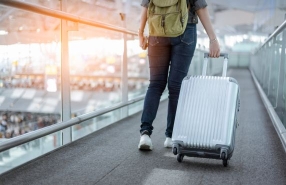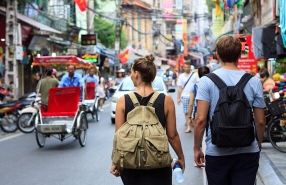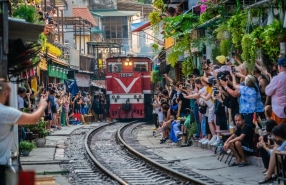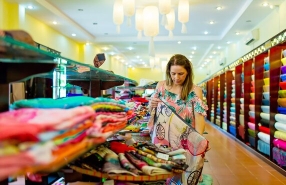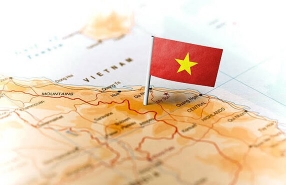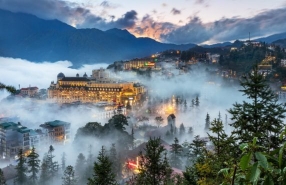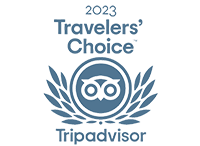Chiang Mai Festivals: A Guide To The Festivals Of Northern Thailand

Table of Contents
1. Yi Peng: The Lantern Festival
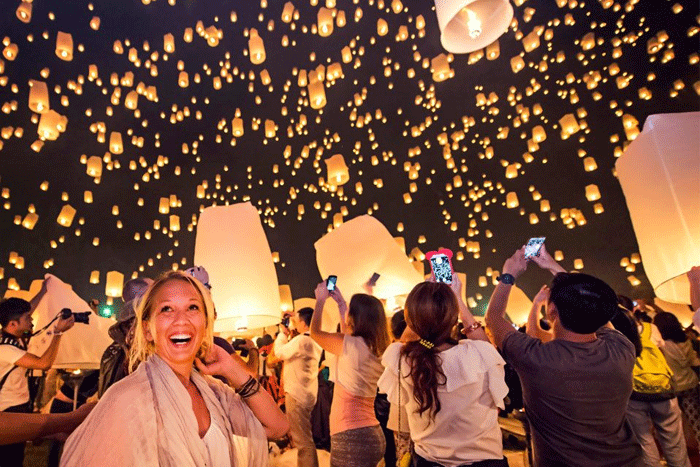
2. Loi Krathong: The Floating Lantern Festival
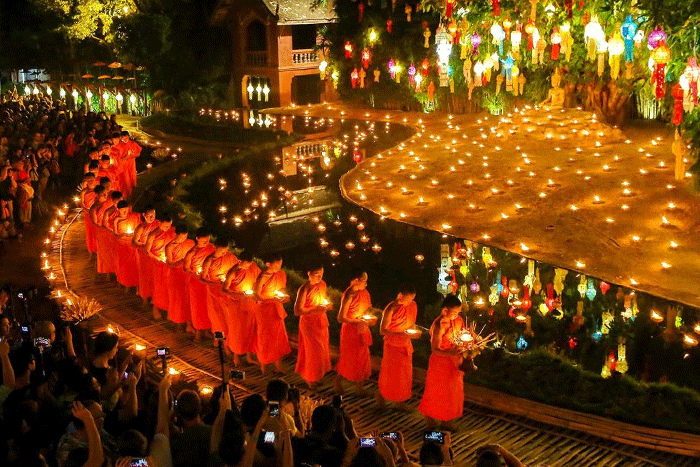
3. Songkran: The Thai New Year
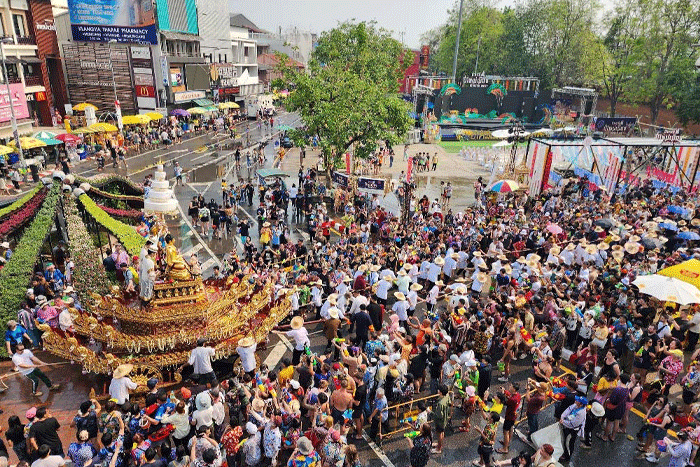
4. The Chiang Mai Flower Festival
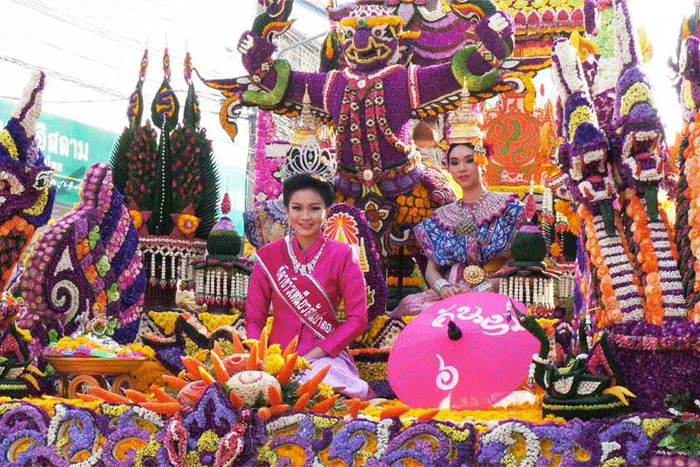
5. Useful Tips to enjoy the Festivals in Chiang Mai
Plan ahead: During festival seasons, Chiang Mai can get crowded, and both hotels and flights tend to fill up quickly. To avoid last-minute stress, it's advisable to book your accommodation and transport well in advance, especially for popular festivals like Yi Peng and Songkran.
Respect local customs: Thai festivals often include spiritual and cultural practices. When visiting temples or participating in ceremonies, be mindful of local customs. It's important to dress modestly (covering shoulders and knees) and remove your shoes before entering temple grounds.
Participate actively: Don't just be a spectator—actively participate in the celebrations! Release a lantern during Yi Peng, create and float a krathong during Loi Krathong, or join the fun of the water fights during Songkran. Engaging with the locals and their traditions will make your experience more memorable.
Be prepared: If you're visiting Chiang Mai during Songkran, it's essential to dress in light, quick-drying clothes and bring waterproof bags for your personal belongings. Water fights are a big part of the fun, so you might also want to protect your phone and camera with waterproof cases to avoid damage.
> How to get around Chiang Mai?
> Read our full Chiang Mai travel guide
> Day trip to Pai from Chiang Mai
> Thailand Tours
Yes, the festivals in Chiang Mai are generally family-friendly. However, some festivals, like Songkran, involve large water fights in the streets, which can be intense and may not be suitable for very young children or those who prefer a quieter environment. For Yi Peng and Loi Krathong, families can enjoy the beauty and serenity of lantern releases and floating krathongs, which are peaceful and visually stunning. The Chiang Mai Flower Festival is also a great option for families, with flower parades and workshops suitable for all ages. Overall, most of the festivals offer a safe and enjoyable experience for families, as long as precautions are taken, especially during the more energetic events like Songkran.
The Yi Peng Festival and Loi Krathong are both celebrated around the same time in November but differ in their focus and symbolism. Yi Peng, primarily celebrated in northern Thailand, particularly in Chiang Mai, centers on the release of lanterns (khom loi) into the sky, symbolizing the letting go of misfortunes and inviting new blessings. In contrast, Loi Krathong, which is celebrated nationwide, focuses on the floating of small rafts (krathongs) on bodies of water to honor the water goddess and seek forgiveness for polluting the waters. While Yi Peng is known for its breathtaking lantern displays lighting up the sky, Loi Krathong creates a magical atmosphere with illuminated rafts drifting on rivers. Both festivals share themes of renewal and letting go of bad luck, but they differ in their traditions, visuals, and cultural significance.
Related travel guide
Other similar articles
CUSTOMIZABLE BY LOCAL EXPERTS
Personalized trip at the original price!
REFUND GUARANTEE
We believe in our work and promise to give you money back.
GOOD PRICE / QUALITY
95% satisfied more than expected!
24/7 LOCAL SUPPORT
We are always available online to provide assistance at any time.
Most read articles
Autour Asia is highly recommended on
Embracing the mission of "Satisfied more than expected" and providing authentic experiences, we have received numerous recommendations on reputable travel forums:












